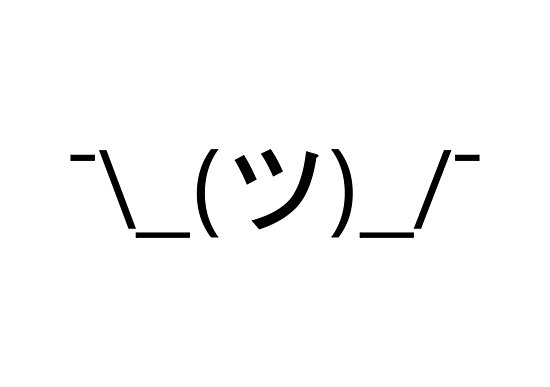Craig White's Literature Courses
Convention (literary term)


If Genres are types, classes, or kinds of literature, art, music, etc., what to call the marks, signs, or formulas that identify a genre?
The literary-critical term is "conventions," which everyday speech might describe as
![]() elements
elements
![]() standard features
standard features
![]() expectations
expectations
![]() standards
standards
![]() formulas
formulas
![]() device
device
![]() set-pieces
set-pieces
![]() motifs
motifs
Not rules but expectations (which can be purposefully frustrated)
Oxford English DictionaryConvention: 9a. General agreement or consent, deliberate or implicit, as constituting the origin and foundation of any custom, institution, opinion, etc., or as embodied in any accepted usage, standard of behaviour, method of artistic treatment, or the like.
9b. In a bad sense: Accepted usage become artificial and formal, and felt to be repressive of the natural in conduct or art; conventionalism.
10a. A rule or practice based upon general consent, or accepted and upheld by society at large; an arbitrary rule or practice recognised as valid in any particular art or study; a conventionalism.
Definitions of convention on the Web:
- a large formal assembly; "political convention"
- something regarded as a normative example; "the convention of not naming the main character"; "violence is the rule not the exception"; "his formula for impressing visitors"
- (diplomacy) an international agreement
- conventionality: orthodoxy as a consequence of being conventional
- the act of convening
wordnetweb.princeton.edu/perl/webwn - A convention is a set of agreed, stipulated or
generally accepted standards, norms, social norms or criteria, often
taking the form of a custom.
en.wikipedia.org/wiki/Convention_(norm)
- that lowest common denominator of truth and right
to which society as a whole adheres, and which is the point of departure
for (and is often scorned by), those with creative aspirations. antonym:
creativity.
ninthstreetcenter.org/Glossary.htm - Any widely accepted literary device, style, or
form.
www.gale.cengage.com/free_resources/glossary/glossary_bc.htm - A device of style or subject matter so often used
that it becomes a recognized means of expression. For example, a lover
observing the literary love conventions cannot eat or sleep and grows
pale and lean. ...
www.cliffsnotes.com/WileyCDA/Section/Literary-Terms-Poetry-Glossary.id-305499,articleId-30165.html
Not rules but expectations (which can be purposefully frustrated)
One way we practice judgment is to measure our reactions to changes to our expectations.
Does a specimen or example fall short of expectations, or take us further?
If further, was that a good change or a bad change?
Knowledge of genres = yardsticks, standards of measurement
Standards do not equal rules. Standards can be bent, raised, lowered, varied to need.
adjective form: "conventional"
- following accepted customs and proprieties; "conventional wisdom"; "she had strayed from the path of conventional behavior"; "conventional forms ...
- conforming with accepted standards; "a conventional view of the world"
- (weapons) using energy for propulsion or destruction that is not nuclear energy; "conventional warfare"; "conventional weapons"
- represented in simplified or symbolic form
- ceremonious: rigidly formal or bound by
convention; "their ceremonious greetings did not seem heartfelt"
wordnetweb.princeton.edu/perl/webwn - A convention is a set of agreed, stipulated or
generally accepted standards, norms, social norms or criteria, often
taking the form of a custom.
en.wikipedia.org/wiki/Conventional - ordinary, commonplace
en.wiktionary.org/wiki/conventional - conventionally - ordinarily, by convention
en.wiktionary.org/wiki/conventionally - Something which grows out of or depends upon
custom, or is sanctioned by general usage.
chestofbooks.com/home-improvement/woodworking/Carpentry-For-Boys/Carpentry-Glossary-Part-2.html
